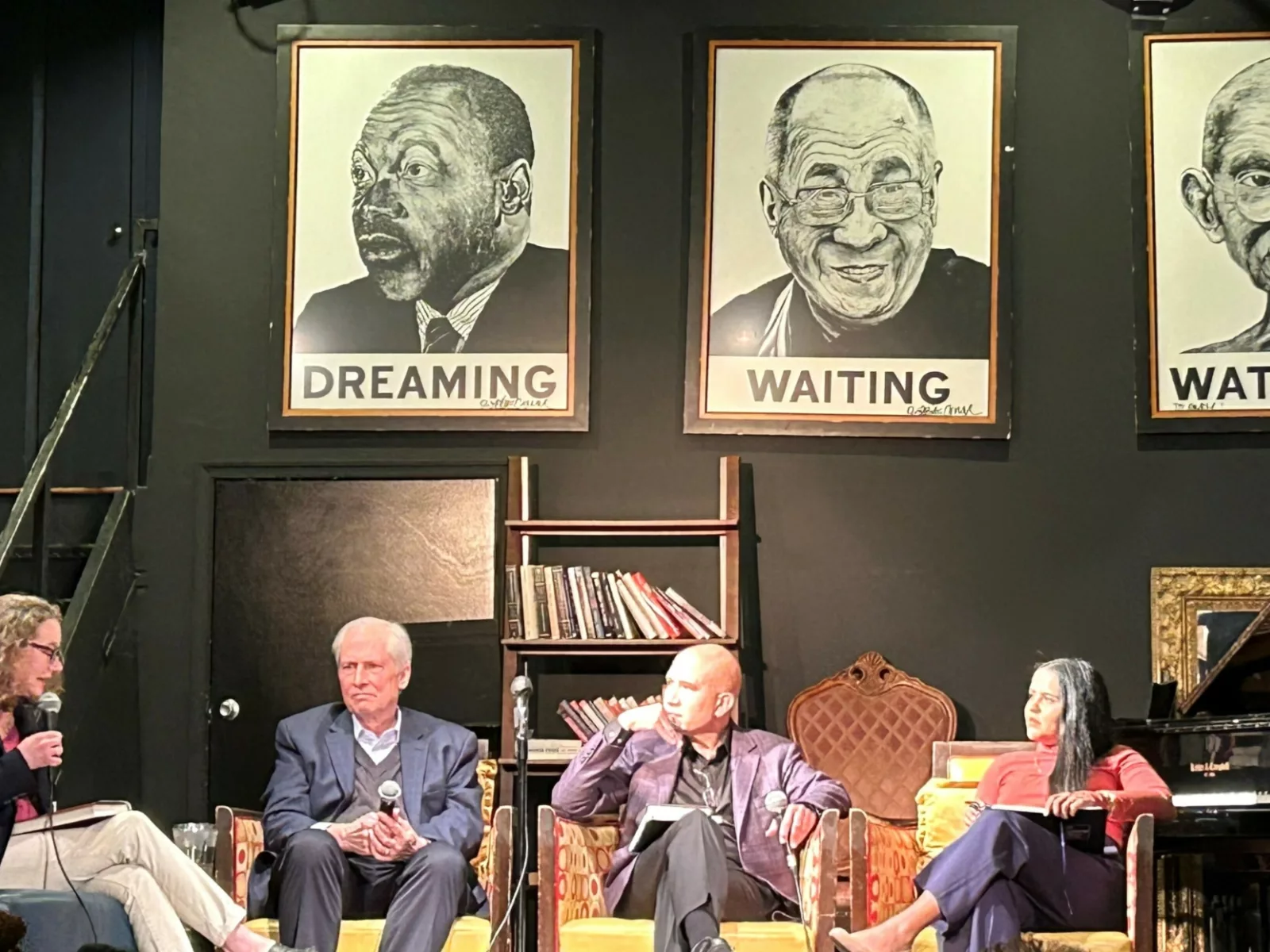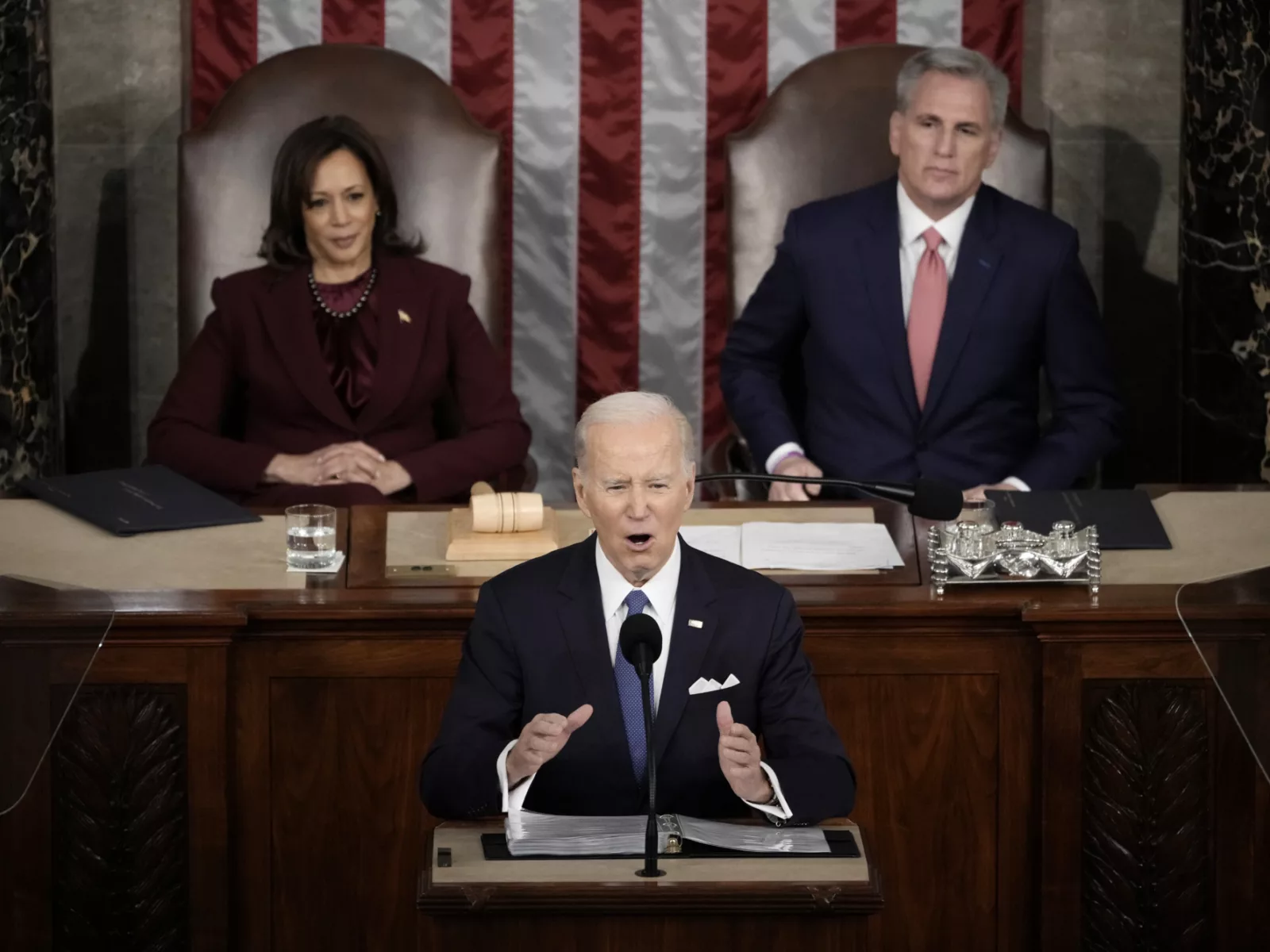Last year, the Washington, D.C. city council unanimously passed the Comprehensive Policing and Justice Reform Amendment Act. Building on a series of temporary measures put in place following the racial justice protests of 2020, the Act prohibits the use of neck restraints, limits the use of tear gas, requires body camera footage to be released publicly in certain cases, creates a public database on police misconduct, and bars discipline from being included in police union collective bargaining processes.
Many of these measures are “commonsense policies that are often popular across the political aisle and with law enforcement,” Jillian Snider, a former NYPD officer and now policy director for R Street’s Criminal Justice and Civil Liberties team, and Marc Krupanski, director of criminal justice at AV, write in The Hill. Moreover, similar provisions have been enacted in dozens of cities and states in recent years, including many led by both Democrats and Republicans. This includes states like Florida, Texas, Tennessee, South Carolina, and Nebraska.
Because of Washington D.C.’s unique, and undemocratic, relationship to the federal government, Congress has the ability to override locally enacted legislation – although until recently it has rarely done so. However, following quickly on the heels of their successful override of the new DC criminal code, Republicans and a few Democrats in the House of Representatives recently voted to “disapprove” of D.C.’s new police accountability law.
“While President Biden has promised a veto if it passes the Senate, the effort alone perpetuates a harmful myth: that police accountability is a partisan issue,” Snider and Krupanski explain.
In fact, many Republican policymakers and conservative advocates support police accountability alongside their progressive counterparts. “We can and should simultaneously back law enforcement, support efforts to hold them accountable, and promote effective public safety strategies,” Snider and Krupanski write. “Critically, police accountability and public safety go hand-in-hand. For police officers, the most valuable assets are not weapons or technology, but having the trust of those who live in the community they serve.”
Read the op-ed here.






















